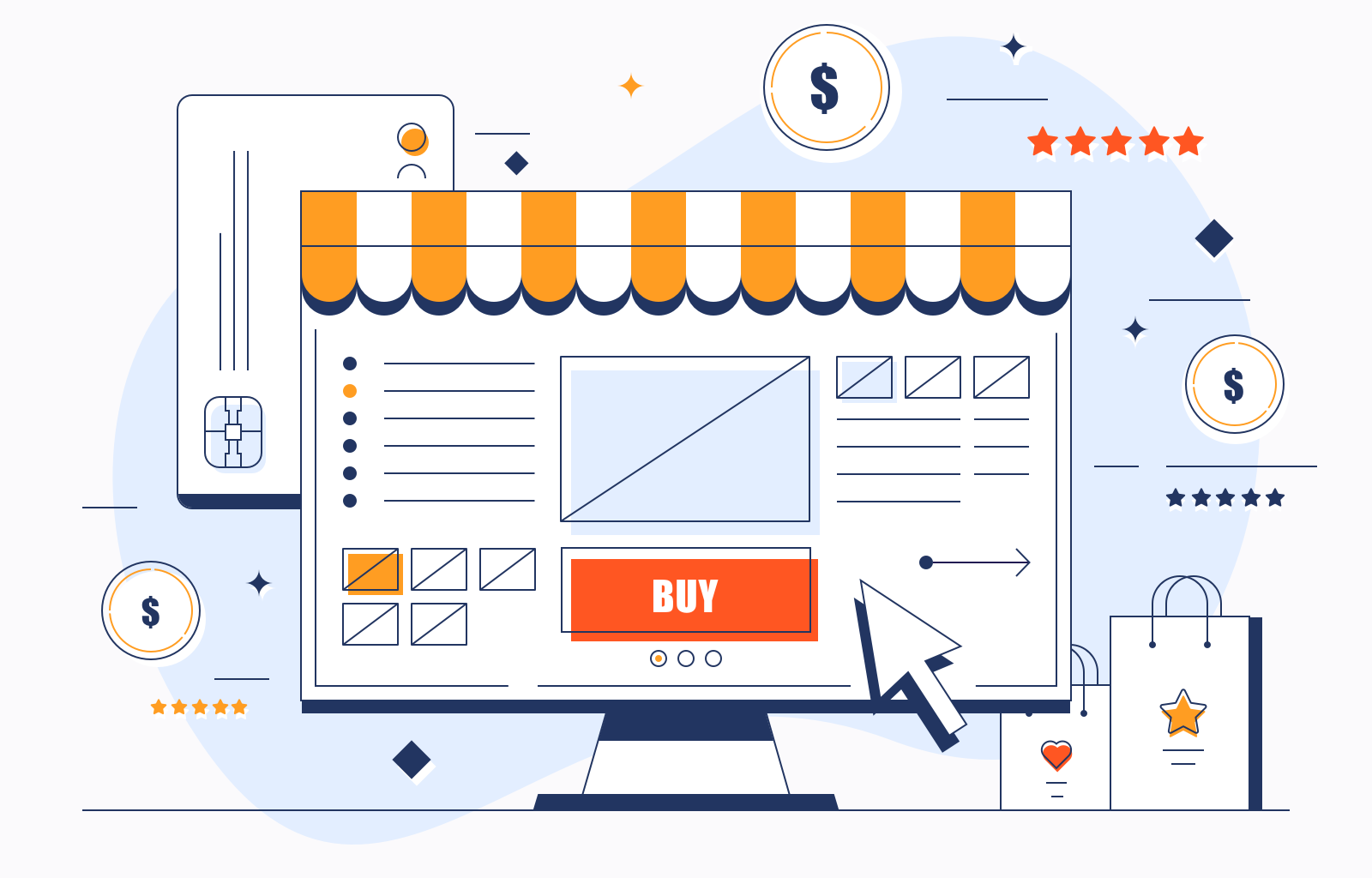Building a successful online marketplace can be a game-changer for entrepreneurs. Whether you want to connect buyers and sellers in a niche industry or create a large-scale platform, there are several key factors to consider. In this guide, we will explore essential aspects to help you build a marketplace effectively.
1. Understanding the Marketplace Model
Before diving into development, it’s crucial to understand how an online marketplace operates. A marketplace serves as an intermediary between buyers and sellers, facilitating transactions, handling payments, and providing customer support. Some popular marketplace models include:
- B2B (Business-to-Business): Connecting businesses with other businesses.
- B2C (Business-to-Consumer): Selling products directly to consumers.
- P2P (Peer-to-Peer): Individuals buying and selling among themselves.
2. Identifying Your Niche
Choosing the right niche is one of the most critical steps in creating a marketplace. A successful niche should:
- Solve a real problem for users.
- Have a strong demand but limited competition.
- Offer opportunities for growth and expansion.
Conduct thorough market research to validate your idea and ensure there is a need for your platform.
3. Developing the Platform
Once you have a clear vision, it’s time to develop your marketplace. Here are some key elements to focus on:
- User-friendly design: Ensure the interface is intuitive for both buyers and sellers.
- Secure payment gateway: Implement trusted payment solutions for seamless transactions.
- Scalability: Build a platform that can handle growth efficiently.
Using a reliable development service like FlexiApps can help streamline the process and provide professional support.
4. Attracting Sellers and Buyers
A marketplace thrives when it has active buyers and sellers. To attract them:
- Offer competitive incentives for early adopters.
- Implement a solid marketing strategy, including SEO, social media, and paid ads.
- Provide excellent customer support to build trust and credibility.
5. Monetization Strategies
To make your marketplace profitable, consider different monetization models, such as:
- Commission-based: Charging a percentage per transaction.
- Subscription-based: Offering premium memberships for added features.
- Listing fees: Charging sellers for listing their products or services.
6. Ensuring Security and Compliance
Security is a top priority in any online marketplace. Protect your users by implementing:
- Strong data encryption and secure login methods.
- Compliance with local and international regulations.
- Fraud prevention measures to ensure safe transactions.
7. Continuous Optimization and Growth
Launching your marketplace is just the beginning. To sustain and grow your platform:
- Regularly update features based on user feedback.
- Invest in customer service and technical support.
- Use data analytics to track performance and improve user experience.
Final Thoughts
Building a successful marketplace requires careful planning, execution, and ongoing management. By focusing on these key considerations, you can créer une marketplace that attracts users, provides value, and grows sustainably.
Need expert help in launching your marketplace? Visit FlexiApps to get started today!

